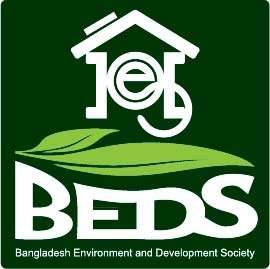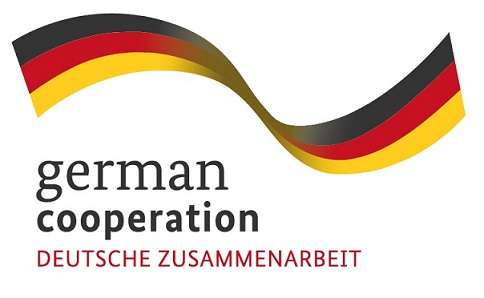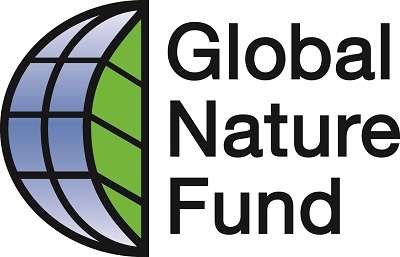Sustainable aquaculture in mangrove ecosystems
The mangrove forests of the tropical coasts are amongst the most important and productive eco-systems on earth. Due to their immense carbon storage potential and function as a shield against extreme weather conditions, they play a central role in stabilising the world's climate and protecting coastal communities.
Over the past few decades, mangrove forests around the world have been severely decimated, with the expansion of prawn farming being one of the reasons. However, prawn farming – as the main economic activity in the mangrove areas – also has the unique potential to significantly promote mangrove protection and restauration.
The "Sustainable aquaculture in mangrove ecosystems" project aims to promote the sustainable design of aquaculture systems by focusing on protecting mangroves and improving local living conditions. Global Nature Fund (project coordinator) and Naturland e.V. are working together in a consortium and in close cooperation with two selected local project partners. The project is funded by the German Federal Ministry for Economic Cooperation and Development (BMZ).
A large proportion of the project measures will be implemented in the Sundarbans, where the world’s largest mangrove forest stretches over an area of 10,000 km² in the federal state of West Bengal in India and the Khulna Division in Bangladesh. The two local project partners are the Bangladesh Environment and Development Society (BEDS) and the Nature Environment & Wildlife Society of India (NEWS). On the project’s agenda is to establish robust co-operation and communication links.
Since the start of the late 90s, mangrove protection has been a central issue covered by the Naturland organic prawn certification. Naturland standards, according to the different countries and regions, stipulate protected zones and obligations for regeneration. Furthermore, organic prawn farming protocols prevent negative effects on surrounding ecosystems, for example by completely banning antibiotics and stipulating adjustments to prawn stocking densities. From the world’s first organic prawn pilot project in Ecuador, the concept has successfully spread to other countries in Latin America and Southeast Asia. Ultimately, the EU organic regulation was based on this preliminary work. Today, organic prawns are an inherent part of the organic seafood product range.
The overall objective of the project is to consolidate communication and interaction on mangrove conservation and sustainability issues in the aquaculture sector. This project is based on the concept of a so-called multi-stakeholder partnership (MSP) in and between India, Bangladesh, and Germany.
The project is outlined as a long-term, transformative process involving civil society, the private sector, and scientific and public stakeholders. A particular focus of the project is to establish South-South and North-South dialogue.
Naturland engages in capacity building and, development of the Biodiversity Action Plan through the provision of scientific and technical input on aquaculture, design and implementation of training activities for the local project promoters and target group, and guidance of external cooperation partners.




© Header Image: Timothy K/unsplash.com